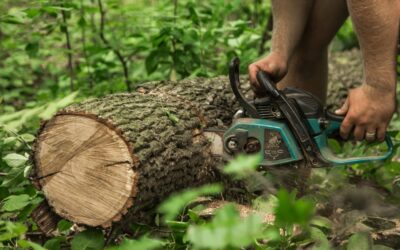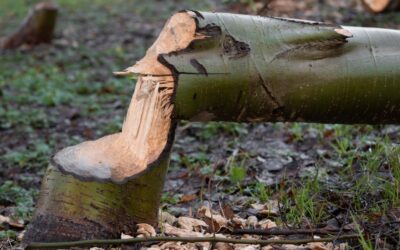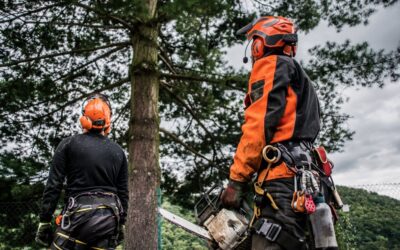Contents
When can you cut hedges to avoid nesting birds?
While it’s true that many of us hold ownership of our property (at least on paper), critters, creatures and birds are known to have trouble understanding legal precedent.
In some cases, legal precedent can actually work against us. For instance, bats are protected in the United Kingdom, meaning that if they roost in your loft, removing them is often not a possibility until they fly off on their own accord.
That said, it can sometimes be that even if we don’t mean to, we end up disturbing the homes and nests of creatures around our garden, especially when conducting general maintenance and upkeep.
Those who keep hedges know that birds will often find a place to nest within them, rearing their young and using the low visibility as a ward against predators. However, when trimming fences, this can serve as a problem.
How can I avoid harming birds or destroying nests during my hedge cutting?
It’s important to inspect the hedge before and during your cutting of it. Make sure you plan how many inches you intend to take off the hedge, and make sure that every time you pass an area with your trimmer, you check again. It’s also helpful to shake the hedges a little and to listen out for any sounds of chirping or general movement. Some may even be able to spot entrance holes used for the passage of birds.
When shouldn’t I trim my hedges?
It’s known that hedge cutting during the main bird breeding season for nesting birds is something to avoid. These months run from March to August each year, but birds can nest outside of that, and so make sure you keep up your usual checks, too.
How can I plan my hedge cutting responsibly?
It’s true to say that hedges can sometimes become a point of dispute between two neighbours because unkempt or overgrown hedges can limit the utility of space on their side of the fence.
If your hedge grows out into the public pavement or road, your local council is liable to contact you in order to request that you trim it appropriately, potentially escalating the issue if you refuse.
If you’re concerned about nests, raising your issue with the council or coming to a friendly agreement with a neighbour can be important. It’s also a good idea to report those who seem all to happy to trim down their hedges, especially those who may have harmed birds or their nests. Animal cruelty laws stipulate that wilful termination of a creature’s home or direct aggression may be met with criminal proceedings. Contact 101 to talk through the issue.
Where should I go from here?
Effective tree care specialists, tree surgeons and arborists are highly skilled at determining the presence of wildlife and cutting hedges in a manner that can help.
They will also help you plan for an appropriate time in which to commit your hedge or tree maintenance, assisting you along the way or outright completing jobs for you in the most professional context.
Why not contact Woods Tree Care for the best hedge care attendance? In the long run, we believe this will make a profound difference to the upkeep of your hedges and the comfort of your local wildlife. Feel free to contact us today



